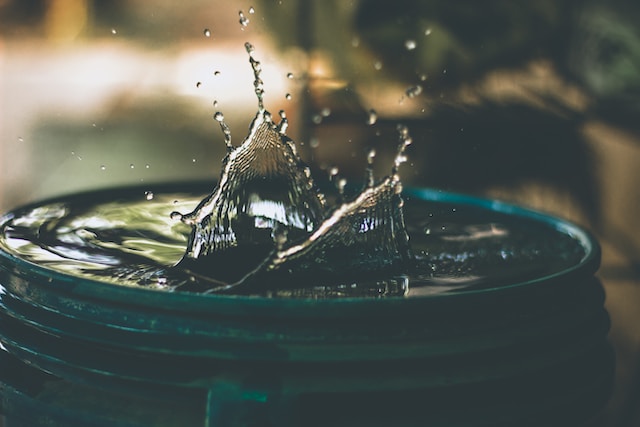A recent study by the University of California-Irvine has questioned the effectiveness of alkaline water in preventing recurring kidney stones. According to the study bottled water labeled as “alkaline” may not be the kidney stone solution it is often claimed to be.
Alkaline water usage increasingly becoming popular
It is important to note that alkaline water, or high pH water, is a rising bottled water trend. Unlike regular tap water with a pH of around 7.5, alkaline water is purposely created with a higher pH, typically ranging from 8-10.
Senior author of the study Dr. Roshan M. Pate explained that although alkaline water items boast a pH level higher than that of ordinary water, their alkali content is minimal. As a result it implies that they lack the capability to significantly elevate urine pH, thereby exerting no discernible impact on the formation of kidney and other urinary stones.
Advocates of alkaline water assert its elevated hydrogen content provides health benefits, including enhanced hydration and elevated urinary pH, potentially preventing certain types of urinary stones. Potassium citrate tablets are a common remedy, but adherence is hindered by the unpleasant pill regimen. Alkaline water is considered an appealing alternative for stone prevention if it effectively raises urinary pH.
Water with high PH lack metabolizable anions
Dr. Patel’s team investigated the potential of high pH water in preventing urinary stones by assessing the pH levels of five alkaline water products and reviewing data on various drinks. The tested brands showed similar pH around 10, with one containing undisclosed citrate. However, none provided organic anions metabolizable into alkali like potassium citrate tablets.
At pH 10, products with an alkali content of 0.1 mEq/L are deemed insignificant compared to the body’s daily metabolic acid production (40-100 mEq/L). Notably, orange juice stands out with an alkali content of up to 15 mEq/L and the lowest estimated cost to achieve a daily target of 30 mEq. Baking soda, while cost-effective, raises sodium concerns. According to the research team, emerging water-soluble alternatives show promise as affordable and effective options.


